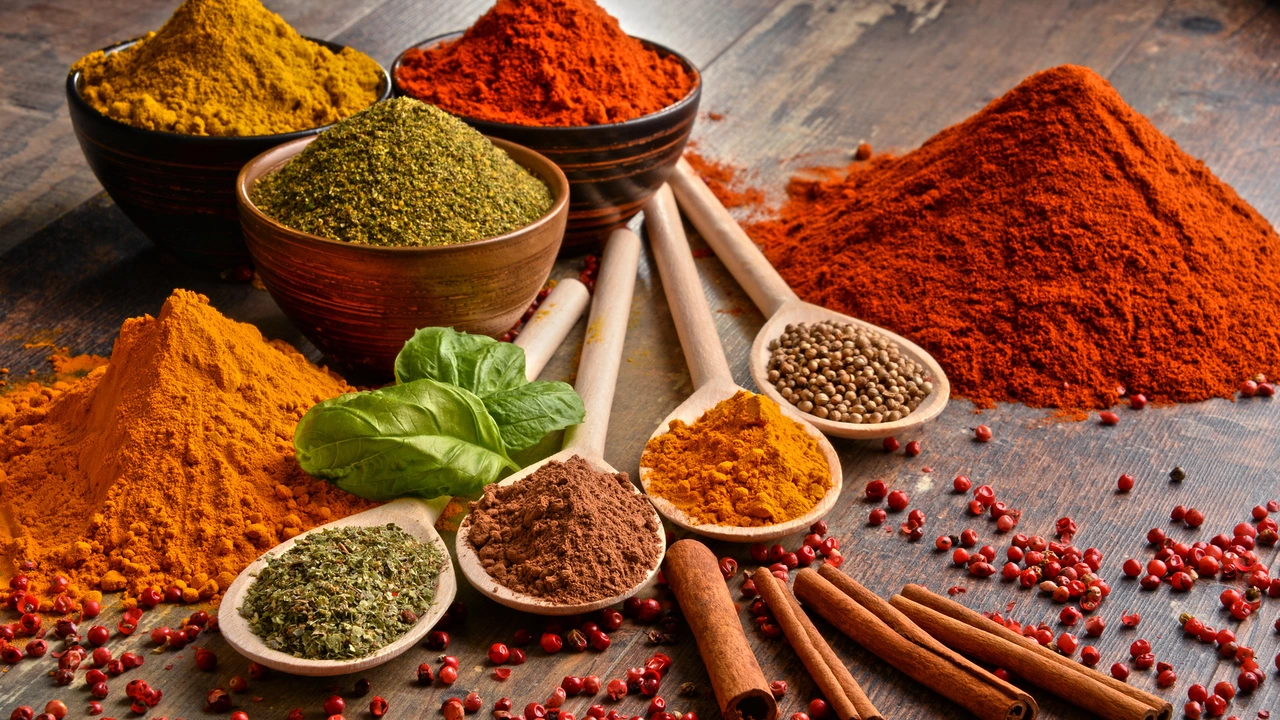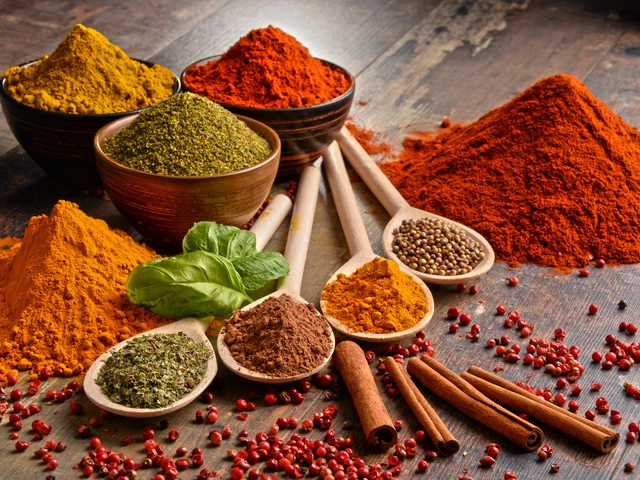Can one be addicted to spices (in Indian food for example)?

Understanding the Basics: What is Spice Addiction?
When we think of addiction, substances such as alcohol or drugs often come to mind. But did you know that it's also possible to become addicted to certain types of food? I am talking about spices, specifically those used in Indian cuisine. Spice addiction, though it sounds unusual, is a real phenomenon. It refers to an intense craving for spicy food, a desire so strong that it may interfere with a person's daily life. This may seem far-fetched, but there's more to this than meets the eye. Let's dive in and explore whether one can indeed be addicted to spices.
The Science Behind the Spice
Science plays a key role in explaining why we might develop an addiction to spices. Spices, particularly hot ones like chili peppers, contain a chemical compound called capsaicin. This compound triggers a pain response in your body, which then reacts by releasing endorphins, the body's natural painkillers. These endorphins also produce a sense of euphoria, similar to the 'runner's high' experienced by athletes. In other words, eating spicy food can make you feel good, and it's this feeling that people can become addicted to.
Recognizing the Signs of Spice Addiction
Like any addiction, recognizing the signs is crucial for understanding and addressing the issue. Having a preference for spicy food doesn't necessarily indicate an addiction. However, if you find yourself constantly craving spicy food, increasing the amount of spice in your meals, experiencing withdrawal symptoms such as irritability or restlessness when you don't consume spicy food, or letting your love for spice interfere with your social or personal life, then it's possible you might have a spice addiction.
The Health Implications of Spice Addiction
While the occasional indulgence in spicy food is generally considered safe, overdependence can lead to health issues. Consuming excessive amounts of spicy food can lead to gastrointestinal problems like stomach ulcers, acid reflux, and indigestion. It can also exacerbate existing conditions like irritable bowel syndrome (IBS). Moreover, the capsaicin in spicy food can lead to a burning sensation in the mouth, throat, and stomach, and regular high consumption can cause desensitization to this burning, leading to increased consumption.
Managing a Spice Addiction
If you identify with the signs of spice addiction and are concerned about your health, it's important to take action. The first step is acknowledging the problem. Once you've done this, consider seeking professional help. A nutritionist or dietitian can provide guidance on how to gradually reduce your spice intake without feeling deprived. It might also be helpful to seek psychological support, especially if your addiction is causing distress or affecting your life significantly.
Embracing a Balanced Approach
Spices are a wonderful way to add flavor to meals, and they also have several health benefits. However, like everything in life, they should be enjoyed in moderation. Developing a spice addiction is not common, but it can happen. If you love your food spicy, that's perfectly fine. Just make sure that your love for spice is not turning into an unhealthy obsession. Remember, balance is the key to a healthy relationship with food, and that includes spices too.

